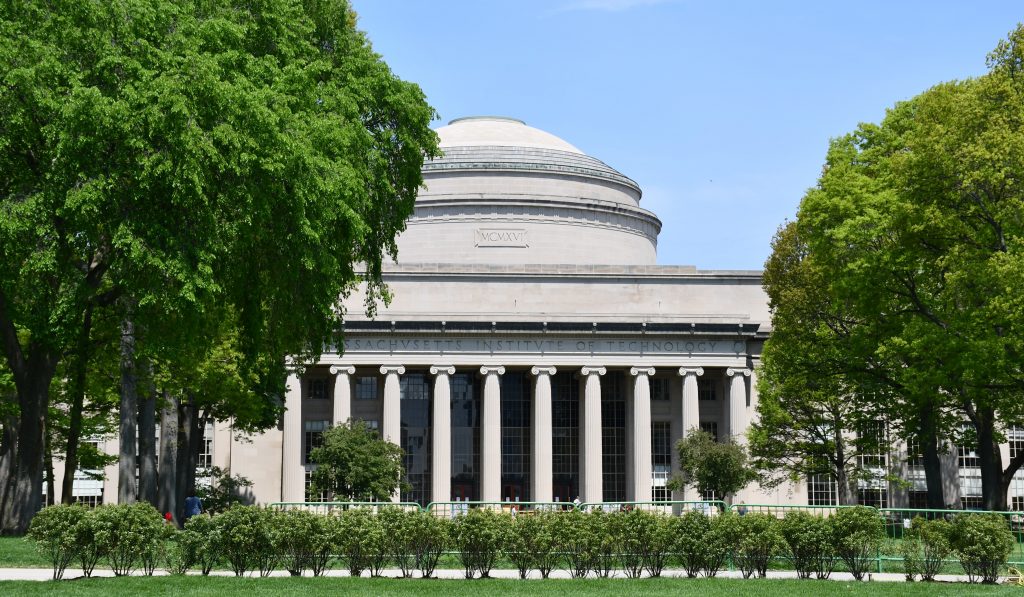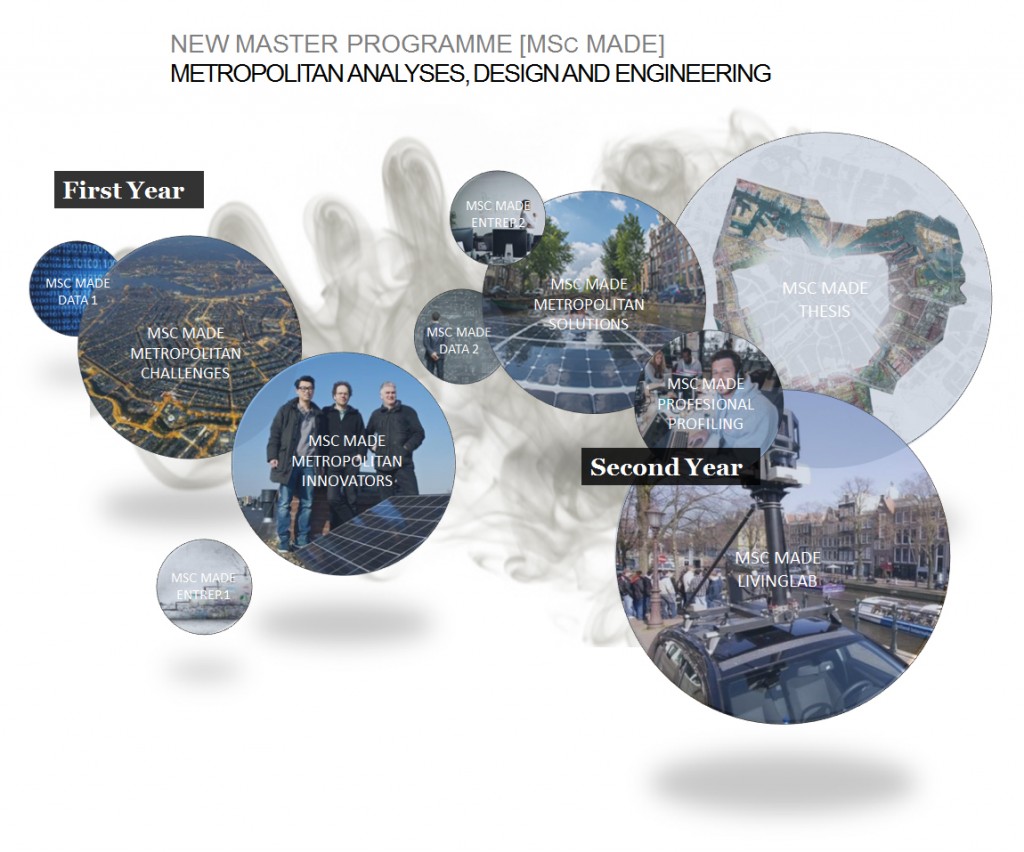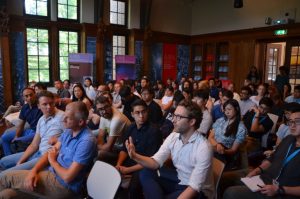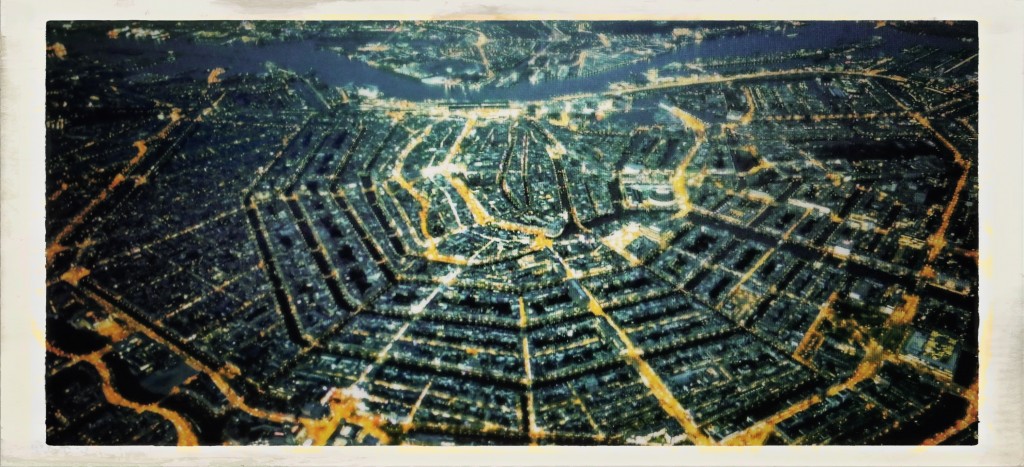Participants of the 2019 summer school will explore interdisciplinary approaches towards a sustainable integration of designing disciplines for smart urban mobility and the new urban development area Haven-Stad in Amsterdam. They will deal with the following themes: the role and function of smart urban mobility, including mobility as a service (MaaS) and emerging mobility options; travel behaviour of a growing number of users; sustainability challenges and fairness in transport planning; public and semi-public spaces (and social dynamics therein); exploration of alternative, marginal and emerging social uses of urban developments as meeting places and culture; urban integration in the overall mobility system; the interface between architecture and infrastructure with the urban fabric; programming of future transport nodes and the accessibility to and from such transport hubs of all types of smart mobilities (e.g. conventional public transport, shared mobility, autonomous taxis, etc.).
Category Archives: urban development
Moving and Meeting in the Boston Metro
In a flying visit to Greater Boston, particular urban design themes related to the city of the future have become manifest once again. On the one hand, thoughts on infrastructure and public space need to be interrelated. People move in various ways, yet the faster they move (most likely by individual or collective transport), the less exchange between them will happen. Although highways and rail tracks increase accessibility and connectivity, and are of extreme importance for the metropolis, it is known that these bundles may cause barriers for those present locally, on both sides to meet and greet. The impact of the Central Artery tunnel project and Rose F. Kennedy greenway on the Boston downtown waterfront is a classic example in showing the importance of designing public places and creating walkable space in a dense urban development. Pedestrian spaces, preferably supported with undergoing public transit or smart hubs alike, is only not less space consuming, but also serves the gathering of people in a better way, hence it serves coincidental exchanges between them. The images of a ‘before’ and ‘after’ the dramatic transformation are a clear witness of this. The same is true in the recently developed business improvement districts. In a opposite way the surplus of fast lane infrastructure generated a lack of public place thus human exchange. The transit hubs of the North and South Station areas may be multi-layered centrality hubs which easily could follow the same strategy, yet here little of this is visible here. Current transformation may be just a first step in improving the stations’ premises. With their high potential in the public spheres, they will be definitively the next challenging urban transformation areas in need to be directed by the City. On the other hand, the City as the public government is not alone in this. Other non-gov stakeholders and pro-active citizens join in the urban development too. Historic Washington and Summer Street areas show what can be the impact collaborative improvements and community development. In fact every citizen has impact simply by being present in the city. People are the prime actors in the urban networks and physical systems. They make the urban space public. It is omnipresent when one would simply walk from School-Franklin, Bedford West, and Park Plaza to City Hall, and trace whatever they do and sense in the city. It adds another perspective to future intervention areas.

Boston, 15-17 May 2018
Massachusetts Institute of Technology (MIT)
Boston Planning & Development Agency (BPDA)
Harvard Graduate School of Design (GSD)
City of the Future Competition
Making Cities in Times of Major Transitions
On January 10, 2018, our research ‘The City of the Future’ has starts. This study explores new ways of city making by using five test locations of 1 x 1 km in the cities of Amsterdam, Rotterdam, The Hague, Utrecht and Eindhoven (five most populated cities in The Netherlands). We question how we can interrelate urban development, whilst urban design, planning and engineering, to upcoming challenges like shifts in transport, energy transition, circular economy and other system and network innovations, in times of the next generation of densification.
Continue reading
Exploring Metropolitan Design
The Amsterdam Institute for Advanced Metropolitan Solutions (AMS), the Delft Deltas, Infrastructures & Mobility Initiative (DIMI), and the International Forum on Urbanism (IFoU) joined Delft University of Technology in the organisation of the interdisciplinary 2017 Summer School:‘Making the Metropolis: Exploring Interdisciplinary approaches in Metropolitan Design Engineering’.
Making the Metropolis
Quote
The Amsterdam Institute for Advanced Metropolitan Solutions (AMS), Delft Deltas, Infrastructures & Mobility Initiative (DIMI), the International Forum on Urbanism (IFoU) and Delft University of Technology join together in the organisation of the interdisciplinary 2017 Summer School: Making the Metropolis, Exploring Interdisciplinary Approaches in Design Engineering. (22 to 30 August 2017, in Delft and Amsterdam)
This summer school starts from the observation that today’s revolution of new technologies, theories and methods are making advanced metropolitan solutions possible, but acknowledges that no single actor or stakeholder can make metropoles move in a specific direction. Metropolitan solutions require cooperation between knowledge institutes, companies and governments, as well as between cities, citizens and civil society.
Continue reading
Mastering the Metropolis
As the majority of the world population is living in cities today, urban environments have become a place for many people. We are obliged to aim at sustainability and safeguard people’s quality of life, and human wellbeing. These challenges are motivating science and society to approach metropolises differently. Advanced metropolitan solutions to overcome problems are being made possible by today’s revolution of new technologies, theories and methods. But no actor or stakeholder can make metropoles move in one certain direction. Metropolitan solutions require cooperation between knowledge institutes, companies, governments, between cities, citizens and civil society.
The new MSc programme Metropolitan Analysis, Design and Engineering (MADE) integrates analysis, design and engineering in the sphere of the flows in the city; the physical, digital and social environments; and the city and its citizens. As full master programme, the MSc MADE prepares students to be specialised on one hand and an integrator on the other. A MADE graduate will be able to create synergy between specialists from other disciplinary backgrounds. You can make a cross-over too!

The new trans- and interdisciplinary programme will be offered as a joint degree programme by Delft University of Technology and Wageningen University. It is built on their joint research activities, and consolidated in their participation together with the Massachusetts Institute of Technology (MIT) in the Amsterdam Institute for Advanced Metropolitan Solutions (AMS).
Continue reading
Public Space for all Nations
Good public spaces enhance community cohesion and promote health, happiness, and wellbeing for all citizens.
It has been with this quote that UN Habitat launched the Global Public Space Programme in an aim to improve the quality of public spaces worldwide. Of course, without doubt, the programme stands for a crucial challenge to make our urbanised world better, but what to do? The ideas on this have been matured and agreements seem to saturate the scope at the recent Habitat III conference held last week in Quito. A list of final set criteria is emerging, but this cannot mean that we’re done… By no means this listing will work if stakeholders do not accept that people gather on a variety of places around the globe, in a variety of cultures, hence not just in those urban spaces which are created by Western idealists’ minds: publicly-owned outdoor space.
Continue reading
Entering a Living Lab
In a fast urbanising world, cities and metropolitan regions increasingly face challenges of sustainability and quality of life challenges that put at risk issues of mobility and logistics, water and waste management, energy and food security, health and wellbeing. A new two-year master programme Metropolitan Analysis, Design and Engineering (MSc MADE) integrates analysis, design and engineering; the physical, digital and social environments; and the city and its citizens. These challenges are motivating science and society to approach metropoles differently. Advanced metropolitan solutions are being made possible by today’s revolution of new technologies, theories and methods. But no actor or stakeholder can make metropoles move in one certain direction. Metropolitan solutions require cooperation between knowledge institutes, companies, governments, between cities, citizens and civil society.
Design of Public Space
The design of the public space is one of the fundamental assignments for professionals involved in urban design and planning. Constructing and (re)forming the network of public space is even conditional for any kind of urbanity. It includes more than just the lay-out and beauty of spaces, as the design of public space has to be able to facilitate new kinds of usage, preconditioning any plausible development of multiple and complex use, and in general housing the dynamics for social change and exchange.
Continue reading


